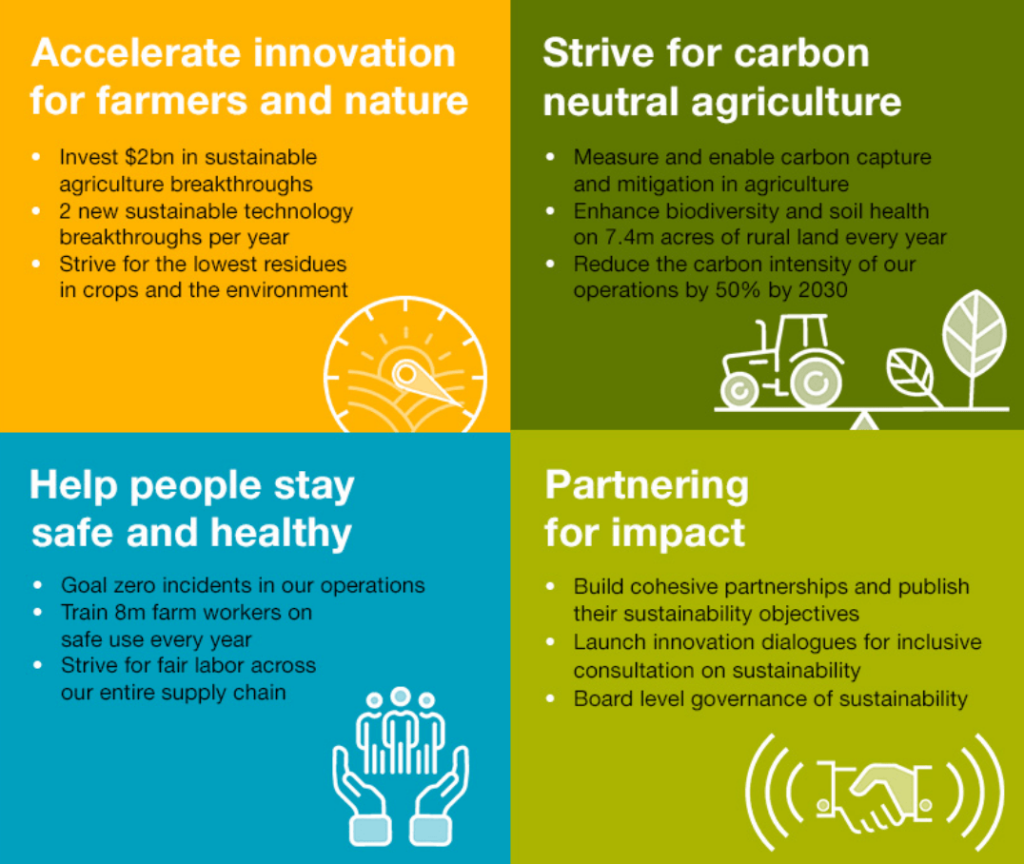

Recent Posts
How to Buy CPAP Machines Online: A Step-by-Step Guide for First-Time Buyers
Purchasing a Continuous Positive Airway Pressure (CPAP) machine can significantly improve the quality of life for individuals suffering from obstructive sleep apnea. As more consumers…
The Ultimate Guide to Choosing the Best CPAP Machines for Better Sleep
Sleep apnea is a condition that affects millions of people worldwide, disrupting the quality of sleep and leading to a multitude of health issues. Continuous…
The Ultimate Guide to CPAP Masks for Beginners
This comprehensive guide aims to introduce beginners to the world of CPAP (Continuous Positive Airway Pressure) masks. As these devices play a crucial role in…
How to Prevent Leaks and Discomfort with Your CPAP Mask
Living with sleep apnea can be challenging, but a well-fitted CPAP (Continuous Positive Airway Pressure) mask can significantly improve your quality of sleep and overall…
Top 10 Questions About Laser Eye Surgery Answered
Laser eye surgery has become a popular choice for those seeking to correct vision problems and reduce dependence on glasses or contact lenses. If you’re…
Top Questions Answered About Glaucoma Surgery and Recovery
Glaucoma surgery is a pivotal treatment for individuals battling this progressive eye condition. While it can significantly preserve vision, it often raises many questions among…




